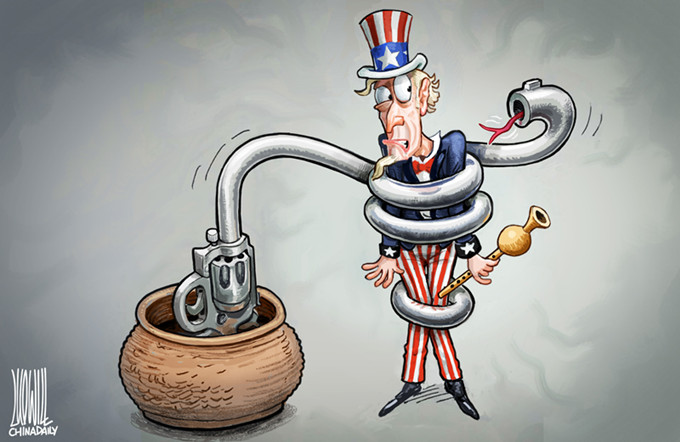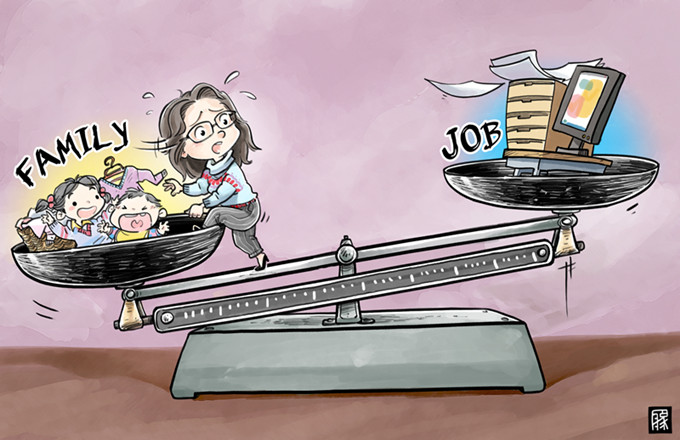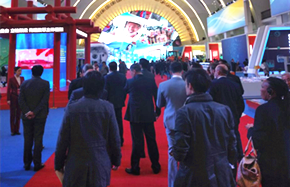Intransigent Abe shuts door to island talks
In order to win over both China-haters and moderates, Abe's Liberal Democratic Party is showing two faces. It has taken a tough stance on the dispute, saying that it will not compromise and it is determined to protect Japan's "land, waters and airspace", presenting detailed policies on more effective control over the islands, including the permanent basing of public servants on them and strengthened surveillance, while at the same time it is proposing to push forward relations with China.
It proposes to safeguard Japan's "sovereignty" over the islands based on the position that there is no dispute over sovereignty. But it also says it will try to make communication on the maritime issues between the two countries possible.
Meanwhile, the other parties have laid out their positions. New Komeito has backtracked on its earlier acknowledgement that there is a dispute over the islands and it is best left to future generations to resolve.
The Japanese Communist Party asserts that Japan should admit the territorial dispute with China and try to find a solution through diplomatic talks. The Socialist Democratic Party has also called for dialogue on the issue.
Meeting with Japan's former prime minister, Yukio Hatoyama, in Beijing last week, Premier Li Keqiang said China and Japan have a heavy responsibility for the development of East Asia.
However, Japan's right-wing politicians have alienated other countries in the region with their comments.
Significantly, South Korean President Park Geun-hye made China her second overseas destination after taking office, a break from the practice of visiting Japan after a visit to the United States.
Japan's Kyodo News Agency said Japan is isolated, warning that Park's attitude toward Japan in terms of historical understanding is so solemn, it is beyond Japan's imagination.
However, Japan's problem is far bigger than this. China is serious about protecting its sovereignty over the Diaoyu Islands, but it honors the agreement reached by previous Japanese leaders to shelve the issue.
It was diplomatically inappropriate for Abe to try and display toughness ahead of the upper house election by criticizing China for asking for Japan to adhere to a consensus already reached between the two countries.
Abe has made the dispute a tool to gain an advantage for his party in the election when it should be dealt with through diplomatic channels. With Japan's intransigence, the door to a solution has slammed shut again.
The author is China Daily's Tokyo bureau chief. E-mail: caihong@chinadaily.com.cn



















